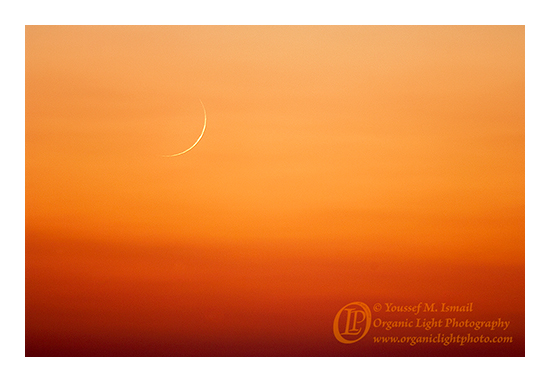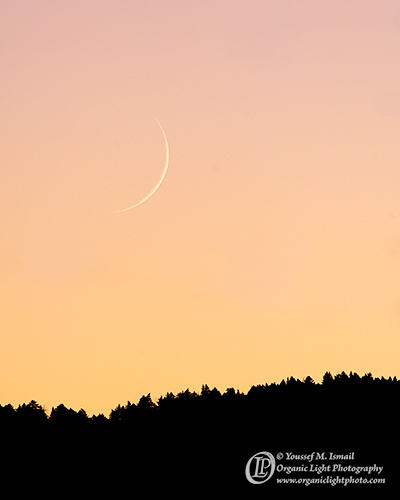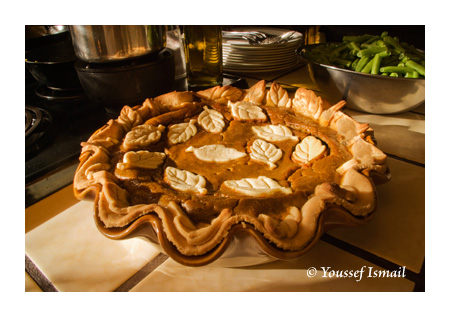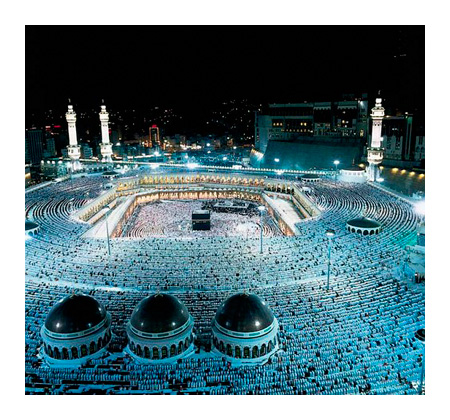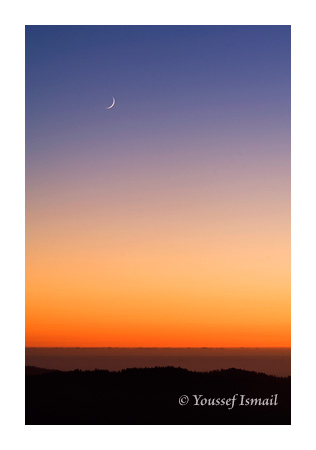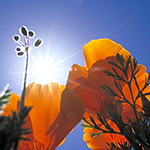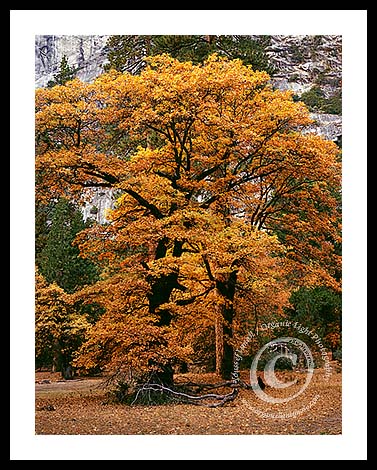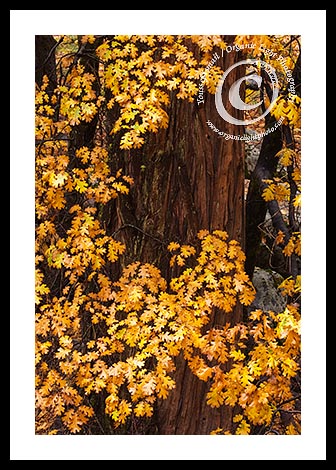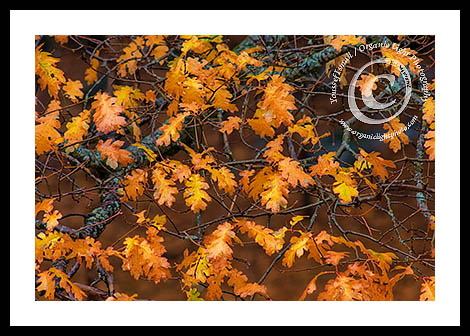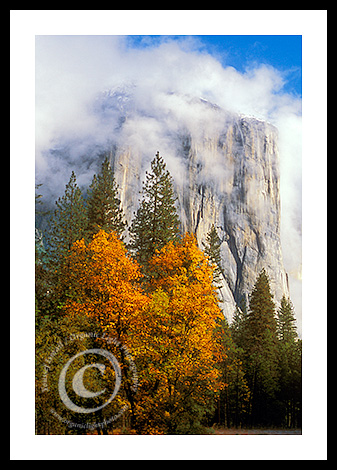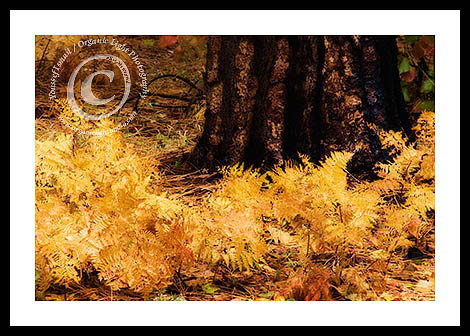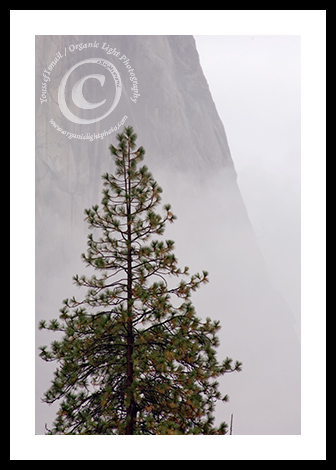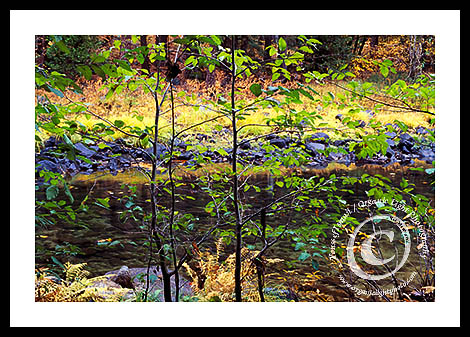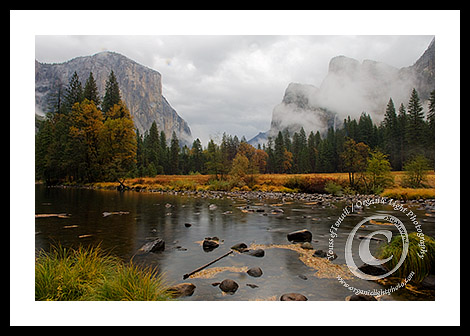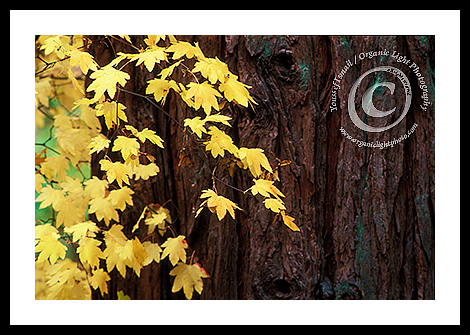The Ancient Call
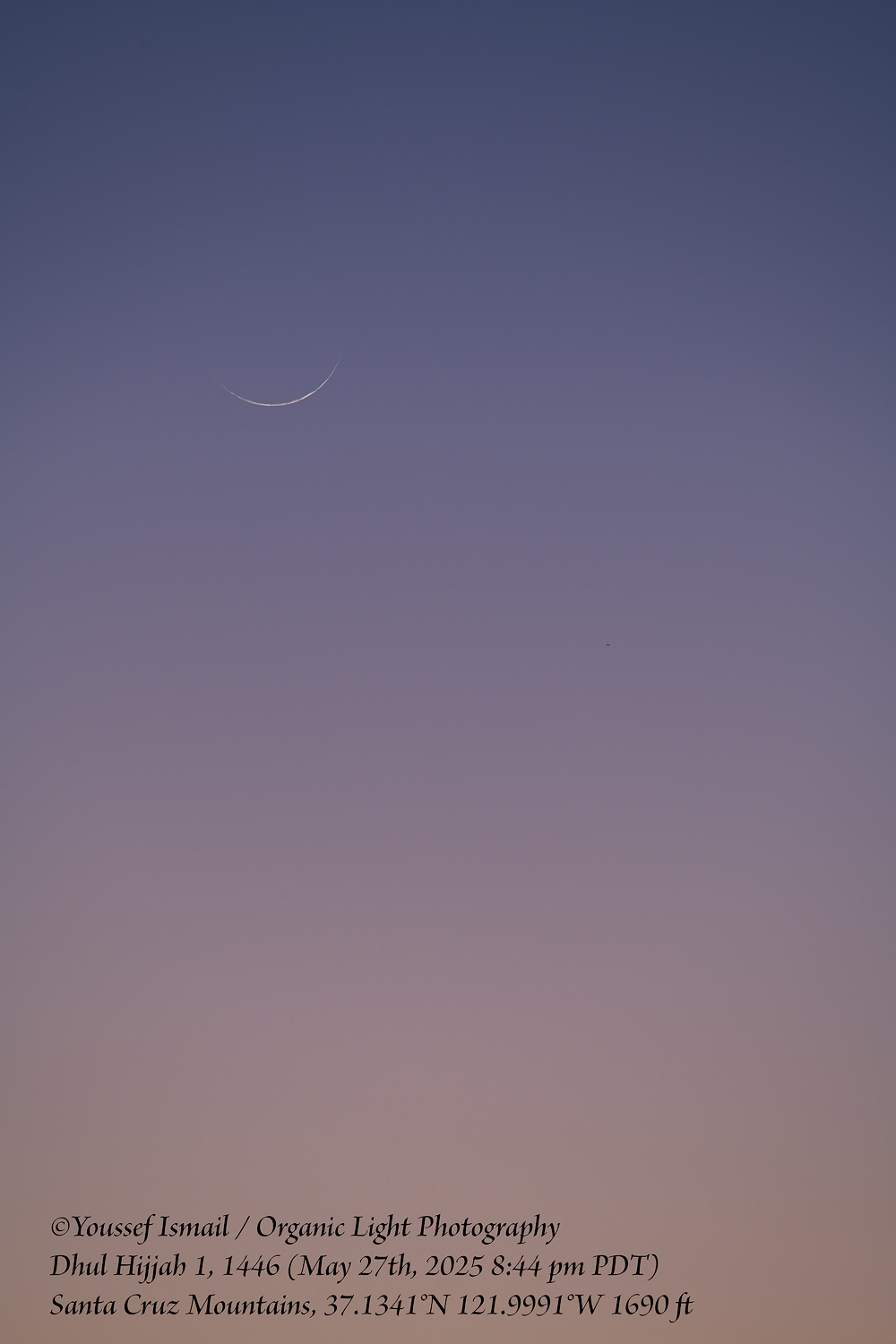
Thousands of years ago, Abraham, the patriarch of all Abrahamic Faiths was commanded to take his first-born son Ismail and his mother Hagar into a barren land known as Becca (today known as Mecca) and to leave them there. At first, Hagar was distraught when Abraham just left them there and turned and walked away. After repeatedly asking why he was leaving them there, she asked if God commanded this. With Abraham’s affirmative answer she accepted God’s Will and returned to her son. With only a sack of dates and a single water skin their provisions did not last long. With food and water depleted, Ismail cried in hunger. Hagar ran to the top of a nearby hill and called out hoping someone would hear her. With no response she ran to a second nearby hill and called out again. She did this four times at each hill running between the two with no response from any other human. Suddenly, at the feet of her crying son, a spring miraculously erupted providing them with water. Shortly thereafter birds found the water and nomads following birds to water found it as well. Seeking Hagar’s permission to take water soon resulted in a settlement and caravan routes made Mecca an important refuge from the harsh Arabian desert.
Years later Abraham returned to find his son Ismail had grown and both were commanded to erect the walls of the first house of worship of God. As related in the Qur’an:
Truly! the first Sanctuary appointed for mankind was that at Becca, a blessed place, a guidance to the peoples;
In it are clear signs; the place where Abraham stood to pray. And whoever enters it shall be safe. And an obligation to God from the people is a pilgrimage to the House – for whoever is able to find the means to visit. But whoever disbelieves – then indeed, God is free from need of the worlds.
And remember when We prepared for Abraham the place of the (holy) House, saying: Ascribe thou no thing as partner unto Me, and purify My House for those who make the round (thereof) and those who stand and those who bow and make prostration.
And proclaim to the people the Hajj; they will come to you on foot and on every lean camel; they will come from every distant pass –
That they may witness things that are of benefit to them, and mention the name of God on appointed days over the sacrificed beast of cattle that He hath bestowed upon them. Then eat thereof and feed therewith the poor unfortunate.
Abraham’s ancient proclamation still reverberates in the world today and each year with the start of the twelfth Islamic month, known as Dhul Hijjah, the faithful make their way to Mecca to fulfill the fifth obligation in Islam, the pilgrimage (Hajj in Arabic) to Mecca. During the Hajj the faithful engage in the rites commemorating the trials of Hagar and Ismail, the worship of God alone as the pilgrims circumambulate around the very House that Abraham and Ismail raised up for the worship of the One God, to pray in the location where Abraham prayed, and to run the course of Hagar in search of God’s help in this life between the two hills. The pilgrims also commemorate the events of God’s command for Abraham to sacrifice his son Ismail and how Satan attempted to dissuade Abraham from doing so. In their defense, they threw stones at the Devil and drove him off three times. Pilgrims will throw stones at three locations where it is believed Abraham and Ismail threw stones. The Hajj reaches its culmination on the Plain of Arafah about 13 miles east of Mecca where the pilgrims will congregate and beseech God’s forgiveness which emulates the Gathering of Souls after resurrection on the Day of Judgement.
The Hajj is unmatched as an expression of piety towards God. Each year in the twelfth month of the Islamic year an estimated 2 to 3 million pilgrims from all corners of the earth, from the richest to the poorest, from all social classes, from every skin color, from every language spoken on earth congregate doing the same thing, at the same place, at the same time, for one sole reason, to respond to the call of the Patriarch Abraham in worshipping and seeking the forgiveness of God.
Each year, we go out in search of that tiny sliver of light in the twilight sky signifying the beginning of the most incomparable devotional act of sacrifice, leaving everything in the world for a journey towards God. At the end of ten arduous days in the Arabian desert, pilgrims will have an animal, a lamb, cow, or camel, sacrificed and the food distributed to the poor around the world. For those not making the Hajj, they will celebrate by fasting the first nine days of the month, a fast similar to that of Ramadan, where food and water is not consumed from dawn until sunset. The following tenth day is Eid Al-Adha, the festival of sacrifice commemorated with a large communal prayer followed by sacrificing a lamb or goat and the meat distributed to the poor and needy in the community by those who have the means to do so.
To those on the Hajj, may your devotion be accepted and to all other Muslims, may you benefit from the blessings of the best 10 days of the year.
Peace to you all.
